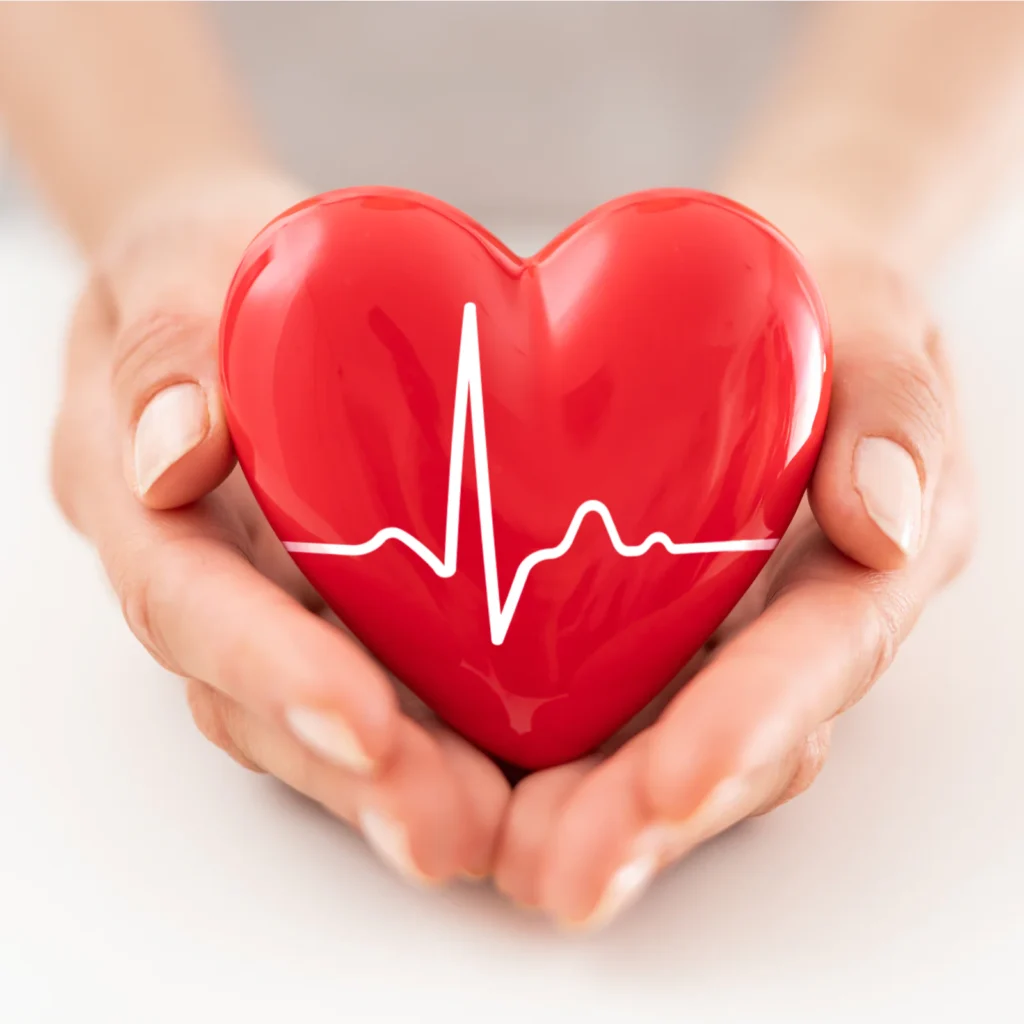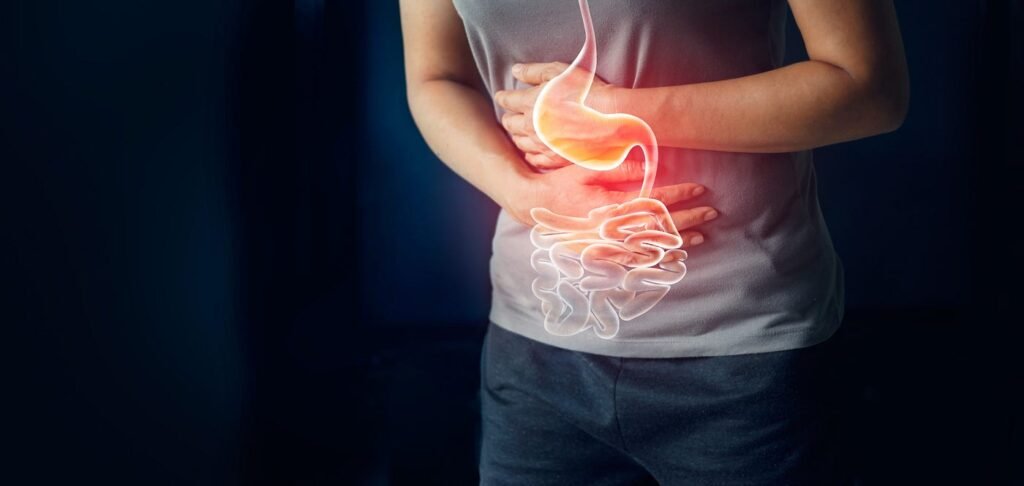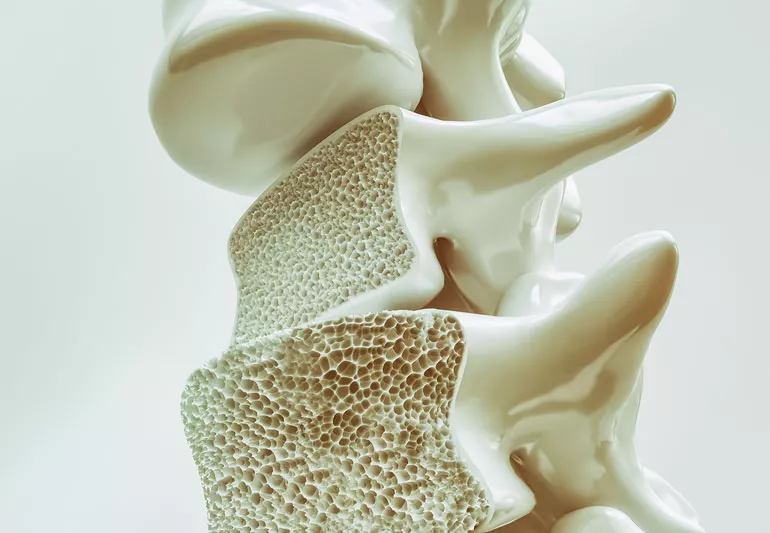Caffeine is a popular stimulant found in coffee, tea, energy drinks, and many other beverages and foods. While it can provide a much-needed energy boost, it’s important to understand how caffeine affect the body negatively. In this article, we will explore how excessive caffeine intake can have several adverse effects on your health and well-being.
1. Increased Heart Rate and Blood Pressure

One of the immediate ways caffeine affects the body is by increasing heart rate and blood pressure. Caffeine stimulates the central nervous system, leading to the release of adrenaline, which causes your heart to beat faster and your blood vessels to constrict. For individuals with heart conditions or hypertension, this effect of caffeine on the body can be particularly concerning.
2. Anxiety and Nervousness

Caffeine is known to enhance alertness, but it can also contribute to increased anxiety and nervousness. The stimulating effects of caffeine can trigger the release of stress hormones, leading to feelings of restlessness, jitteriness, and even panic attacks in some cases. This is another significant way caffeine affects the body, especially for those who are prone to anxiety.
3. Digestive Issues

Caffeine can have a direct impact on the digestive system. It increases stomach acid production, which can lead to acid reflux or heartburn. Additionally, caffeine acts as a laxative, speeding up the process of digestion and sometimes resulting in diarrhea or an upset stomach. These digestive issues highlight another negative way caffeine affects the body, particularly for individuals with sensitive digestive systems.
4. Sleep Disruptions

One of the most well-known negative effects of caffeine is its ability to disrupt sleep. Caffeine can interfere with the natural sleep-wake cycle, making it harder to fall asleep and reducing the overall quality of sleep. Consuming caffeine late in the day can lead to insomnia and a decrease in restful sleep, further illustrating how caffeine affects the body in a negative way.
5. Dependence and Withdrawal Symptoms
Regular consumption of caffeine can lead to physical dependence. When someone who regularly consumes caffeine tries to cut back, they may experience withdrawal symptoms such as headaches, fatigue, irritability, and difficulty concentrating. These withdrawal symptoms are a clear indication of how caffeine affects the body, making it challenging to reduce intake without discomfort.
6. Increased Risk of Osteoporosis

High caffeine intake has been linked to a decrease in calcium absorption, which can contribute to bone thinning and increase the risk of osteoporosis. For individuals at risk of or currently managing osteoporosis, it is important to monitor and limit caffeine consumption to maintain bone health. This is another crucial aspect of how caffeine affects the body negatively.
Conclusion
While caffeine can offer benefits like increased alertness and energy, it’s crucial to be mindful of its potential negative effects on the body. From increased heart rate and anxiety to digestive issues and sleep disruptions, excessive caffeine intake can have several adverse impacts. Understanding how caffeine affects the body negatively can help you make informed decisions about your consumption and maintain better overall health.
If you have any queries related to medical health, consult Subhash Goyal or his team members on this given no +91 88008 25789, +91 99150 99575, +918283060000




